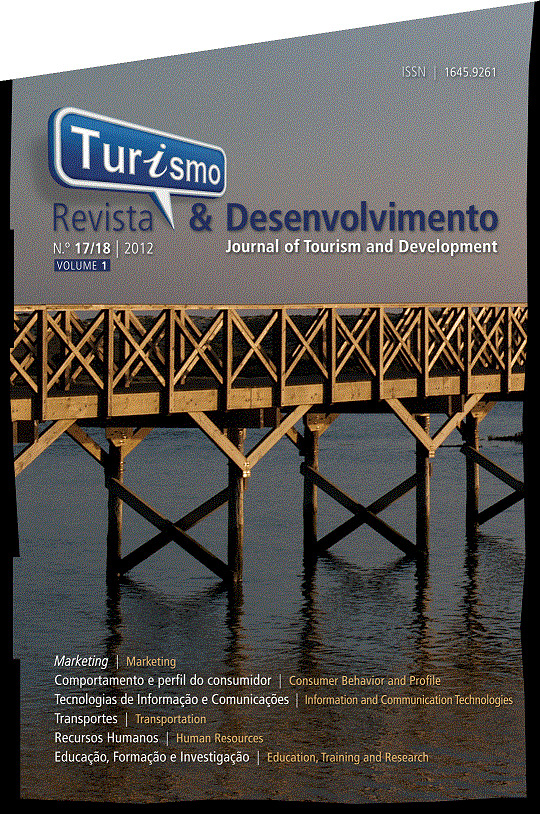Estrutura e distribuição espacial do trabalho formal e informal no turismo do Brasil: contributos geográficos ao planejamento turístico regional brasileiro
Resumo
Este estudo se insere no contexto da importância econômica do turismo, notadamente seu elevado potencial de criação de empregos, em contraste com a precarização que prevalece nas relações de trabalho na prestação de serviços turísticos. A pesquisa permitiu identificar, analisar e representar, em gráficos e mapas, a estrutura e a distribuição espacial do trabalho formal e informal no turismo do Brasil, em escala nacional, regional e estadual, a partir de estimativas de ocupados, formais e informais, feitas pelo Instituto de Pesquisa Econômica Aplicada (IPEA) do Brasil. Constatamos que há uma prevalência da informalidade nas relações de trabalho da maioria dos ocupados no turismo, apesar da informalidade ser mais importante no Norte e Nordeste, justamente as regiões menos desenvolvidas do país. Os serviços de “Transportes”, “Alimentação” e “Alojamento” são os que empregam o maior contingente de trabalhadores no turismo do Brasil, mas apenas nos serviços de “Alojamento” e de “Aluguel de Transportes” é que as taxas de formalidade no emprego são superiores a 50%. As conclusões deste estudo, e suas reflexões, constituem-se em contributos geográficos ao planejamento turístico regional brasileiro, por reconhecer lugares, regiões e setores de serviços turísticos onde ações prioritárias possam produzir um turismo que realmente traga desenvolvimento econômico e social aos destinos turísticos.





